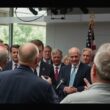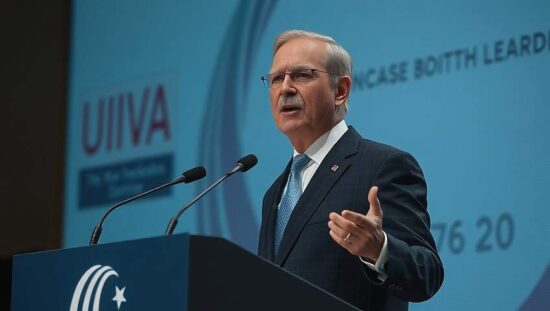Moritz Schularick, the President of the Institute for World Economy (IfW), has sharply criticized the failed start of the new federal government. “The biggest disappointment today is: in the heart of Parliament, apparently not everyone has understood the exceptional situation we are in” said Schularick to the “New Osnabrück Newspaper” (NOZ). Party tactics in a highly sensitive foreign and security policy situation are “extremely dangerous.” It was a worse start for the coalition could not have been. “The signal of strength and unity failed to emerge” said the IfW president. “The new government is entering this new phase weakened – and at a time when it must take on international leadership.”
Schularick referred to the coalition agreement as “a collection of compromises.” Depending on which part politically dominates in the end, the country may either be economically strengthened or disappointed at the end of these four years. After the failed election campaign, it has become even more difficult to bring the formula compromises of the coalition agreement to life.
Despite global uncertainties, such as Trump’s tariffs, Schularick does not see an acute economic crisis looming over Germany. However, he sees the end of old globalization: “We are entering a new phase – less naive gathering together, more strategic differentiation – especially towards dependencies like China. Globalization is no longer deepening automatically.” For consumers, the current situation offers advantages: they can expect cheaper products and falling interest rates: “This helps with house purchases or loans” said the economist.





